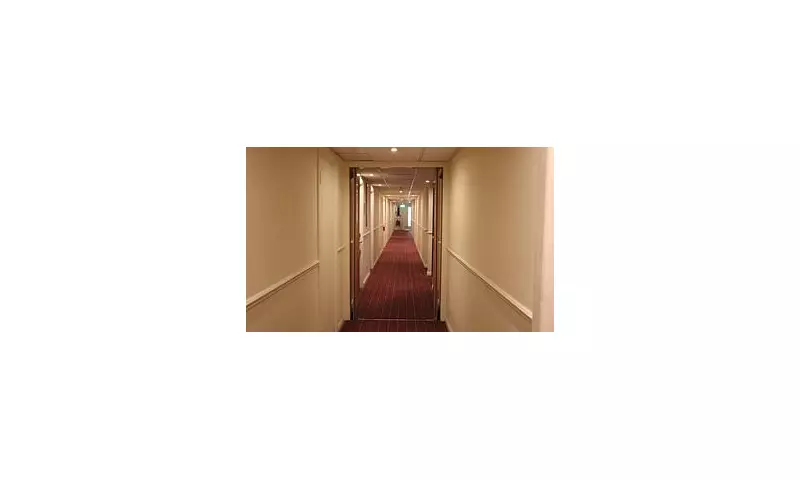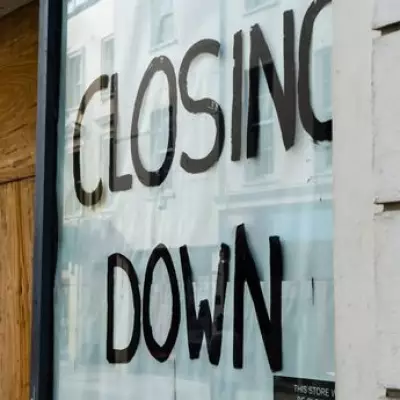
Britain's tourism industry is facing a staggering financial crisis as new data reveals empty hotel rooms are costing the sector a devastating £820,000 every single week. This alarming drain on revenue amounts to nearly £43 million annually, creating significant pressure on an industry still recovering from pandemic-related setbacks.
The Shocking Scale of Hotel Vacancies
Recent analysis shows that approximately 8,200 hotel rooms across the United Kingdom remain unoccupied each night. This persistent vacancy rate represents a substantial loss for hoteliers and the wider tourism economy, with the weekly financial impact equivalent to the annual salaries of dozens of hospitality workers.
Regional Disparities in Occupancy Rates
The crisis isn't evenly distributed across the country. While London maintains relatively healthy occupancy levels, regional hotels are bearing the brunt of the empty room phenomenon. Coastal destinations and smaller cities are particularly affected, struggling to attract visitors despite offering competitive rates and enhanced amenities.
Economic Ripple Effects Beyond Hotels
The financial impact extends far beyond hotel balance sheets. Each empty room represents lost revenue for local restaurants, attractions, and retail establishments. The tourism ecosystem suffers collectively when accommodation providers can't fill their beds, creating a domino effect that depresses regional economic activity.
Industry Response and Recovery Strategies
Hotel operators are implementing aggressive measures to combat the vacancy crisis, including:
- Dynamic pricing models to adjust rates in real-time
- Enhanced marketing targeting domestic travellers
- Partnerships with local attractions and event organisers
- Investment in unique guest experiences and amenities
The Path Forward for UK Tourism
Industry experts suggest that recovery will require coordinated efforts between hoteliers, tourism boards, and government agencies. Potential solutions include targeted international marketing campaigns, support for regional tourism development, and initiatives to address seasonal fluctuations in visitor numbers.
The situation remains fluid, with hoteliers hoping that upcoming summer months and major events will help reverse the troubling trend of empty rooms and restore financial stability to this vital sector of the British economy.






